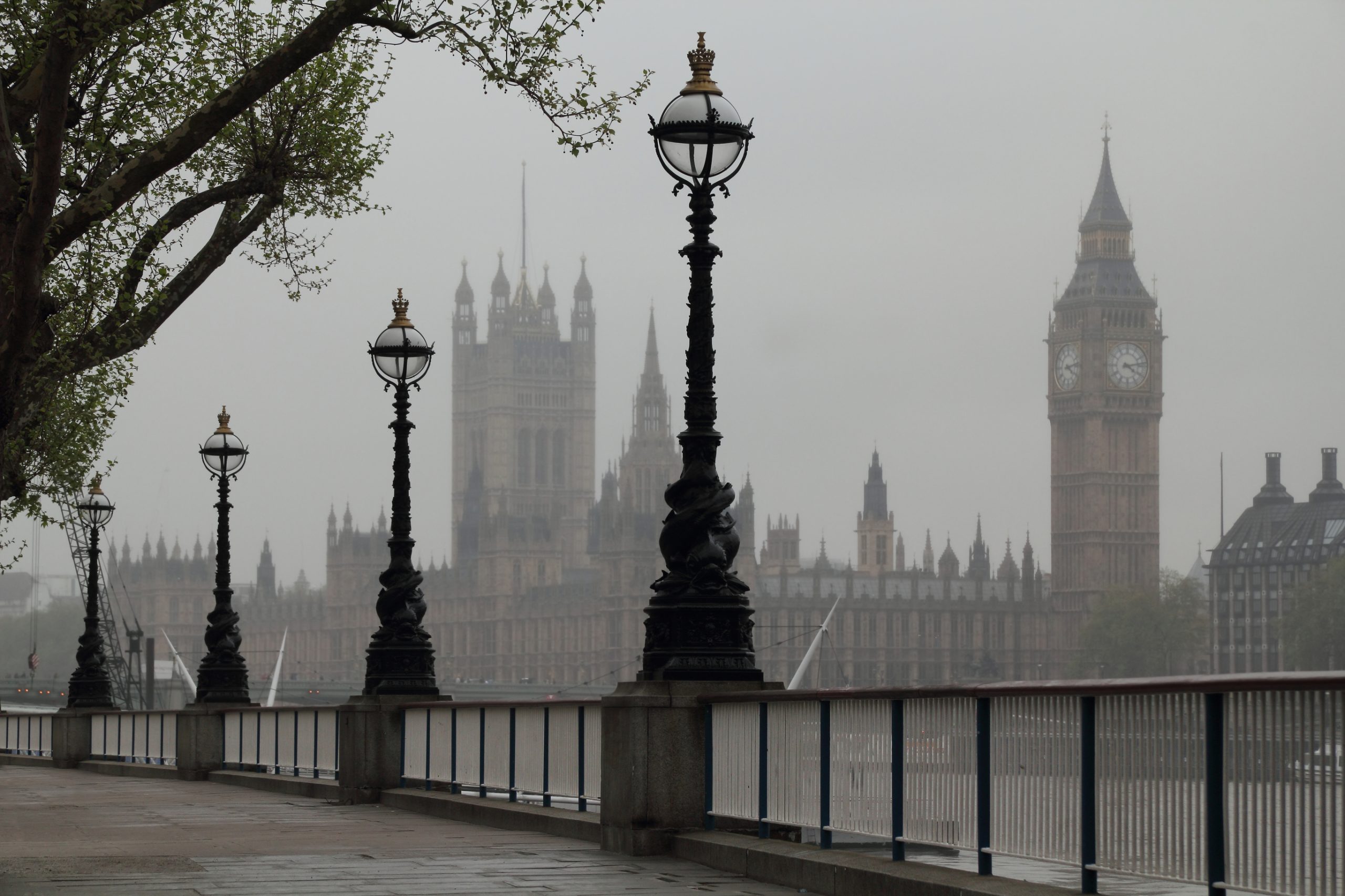Open letter to the UK’s All Party Parliamentary Group On Air Pollution

FAO: Geraint Davies, MP, Chair of the APPG on Air Pollution
Date: July 21, 2021
Dear Mr. Davies,
Air pollution is a growing problem. According to the WHO, it kills seven million people worldwide every year. Closer to home, The London Assembly reports that road traffic pollution leads to “thousands of premature deaths every year as well as stunting the development of young lungs and increasing cases of respiratory illness”.
What is often overlooked is that we spend 90% of our time indoors, where concentrations of pollutants are two to five times higher than outdoors. Add to that the fact that COVID-19 is an airborne virus transmitted mainly within shared buildings and one thing is crystal clear: Indoor Air Quality needs to be pinged to the top of the government’s environmental agenda.
Your esteemed colleague and Shadow Health Secretary, Jonathan Ashworth, appeared on the BBC’s Andrew Marr Show on Sunday, calling on the government to offer grants for offices and schools to install HEPA filtration systems. He quite rightly stated that ‘some of these filtration units are relatively discreet’ and effective precautionary measures to mitigate against the risk of transmitting COVID-19 and cited endorsement from the UK SAGE Committee and Academy of Medical Sciences.
The good news is that portable, hospital-grade air purifiers based on HEPA filtration are multi-tasking, trapping viruses like COVID-19 as well as bacteria, allergens, mould spores and toxic vehicle particles. Combined with germicidal UVC, they don’t just trap but also destroy the infectious ones. They are also very affordable, a fraction of the cost of a modern HVAC system, and can be installed instantly. Mr. Ashworth was again correct in asserting that they could easily be put into every school during the summer recess.
In terms of cost, there are other benefits too. Energy usage is comparable to a fridge-freezer and air purification can actually reduce energy bills. In winter, any intake of outdoor air must be heated but, with effective air cleaning, the intake of fresh, outdoor air can be reduced, thereby saving on ventilation and heating bills. Similarly, in summer, less fresh air means less energy on ventilation and air conditioning.
I would be grateful if you could bring this matter to the attention of your fellow APPG members and also push for regulation that supports proven technologies, as opposed to those that, in the words of the UK SAGE Committee, are unproven and ‘may generate undesirable secondary chemical products that could lead to health effects such as respiratory or skin irritation’.
If there is any way I can help, I am very keen to do so. My company, Rensair, has extensive experience in this field, supplying numerous NHS Trusts with air purifiers that have allowed reopening of poorly ventilated wards. I would be happy to share data, use cases and ideas with you. I am conscious that, as someone with a commercial interest in HEPA-based air purification, my offer may seem disingenuous. My aim is simply to add more power to your elbow, since we share the same goal: to educate people that, by deploying the right technology to clean the air, we can do so safely and effectively, thereby saving lives, improving wellbeing and safeguarding economic recovery.
I look forward to hearing from you,
Yours sincerely,
Edward Ballsdon
Managing Director
